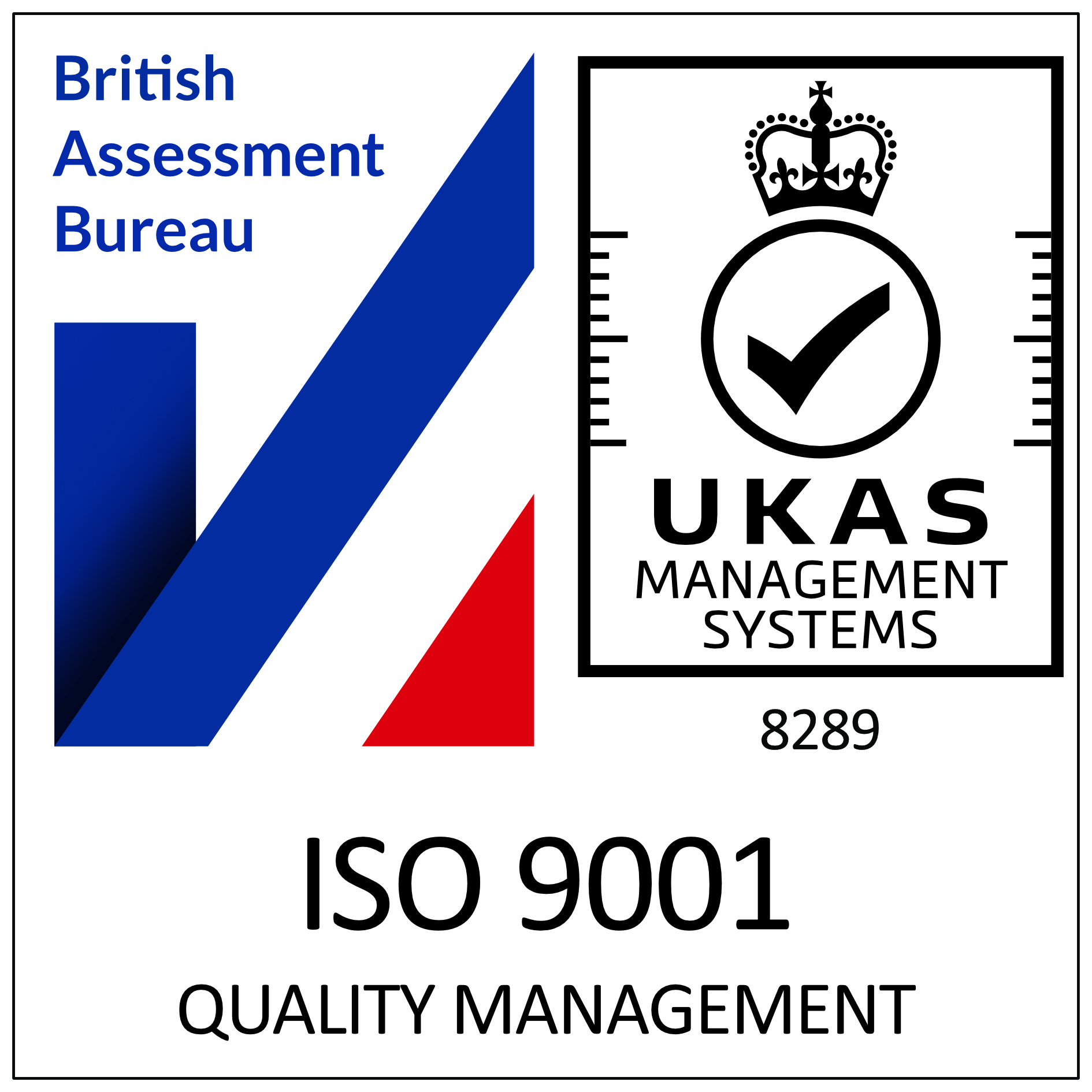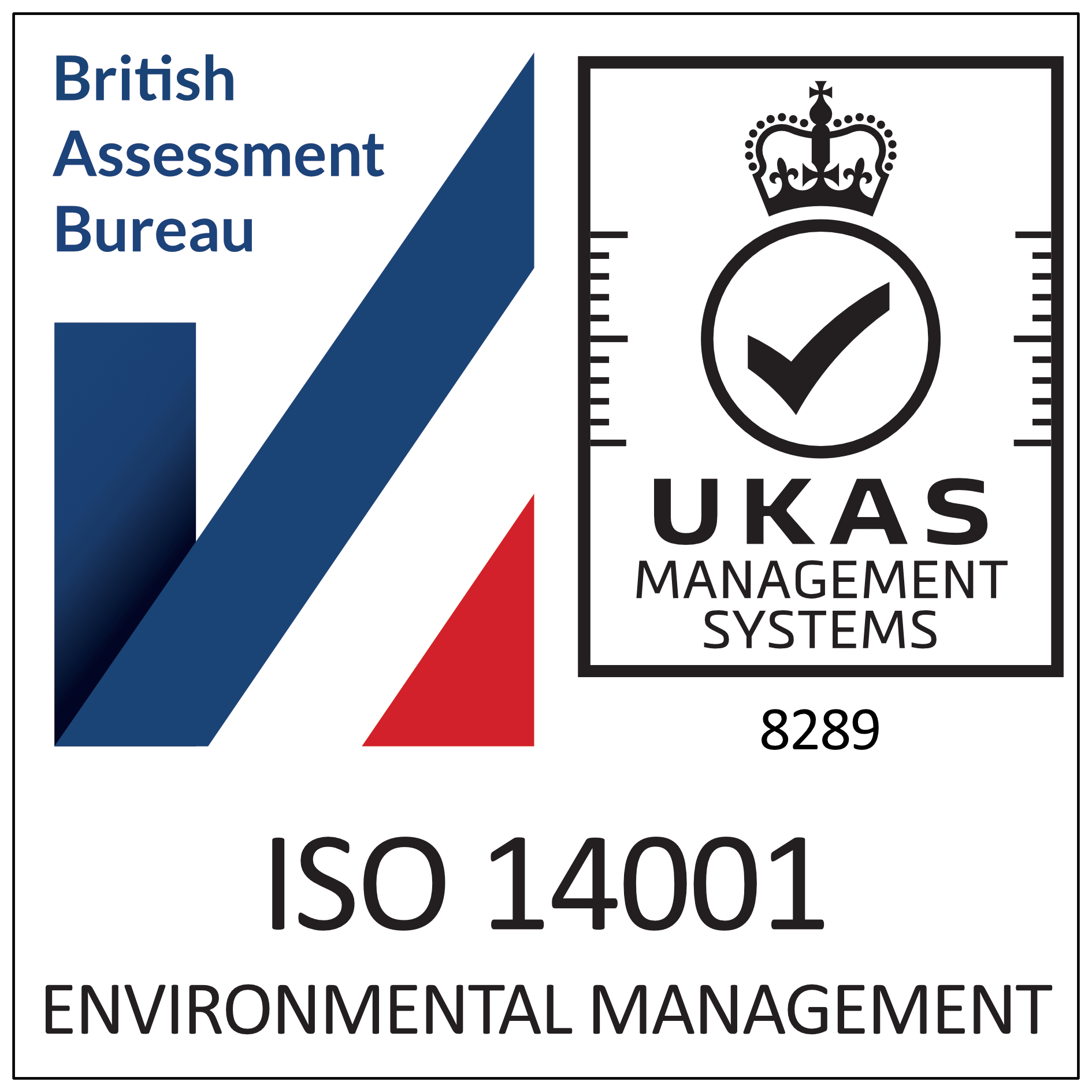The industries that use soundproof doors
We’ve written several articles in the past on soundproof doors and we’ve covered a wide variety of topics:
- what sound actually is
- how it’s transmitted
- how the volume of noise is measured and comparisons made
- how to achieve noise reduction
- what are the maximum noise levels permitted (legally) in different workspaces and environments
We’ve decided to revisit several of these topics, starting with a look at the different industries that use soundproof doors, and why. Let’s start by re-examining their purpose.
What is the purpose of a soundproof door?
Essentially, they perform two functions:
- they act as a sound barrier to reduce noise levels entering and leaving an environment or workspace
- because of their necessarily solid construction, it is probable that the doors will also provide some protection against the spread of fire and smoke
So where are they used?
We naturally think about acoustic doors providing a barrier to noise getting in, such as in a recording studio, but let’s not forget that equally importantly there are rooms and environments where it’s important not to let noise get out – good examples are interview rooms, board rooms, and, at the other end of the noise scale, concert halls.
The requirement may be partial (i.e. some noise getting in or out is acceptable) or total (no sound should be able to get in, or out, or both). Let’s look at some obvious examples across the range:
Total
- recording studios
- police interview rooms
- operating theatres
As close to total as it’s practical to get
- music halls and concert venues
- libraries
- museums
- galleries
- interview rooms
- board rooms
Try and keep noise to a minimum
- airports (from the outside in of course!)
- hospitals and nursing homes
- hotels
- offices
- educational establishments
Let’s have a quick look at each in turn.
| Where? | Why? |
| Recording studio | The need for no noise from the outside getting in is fairly obvious in this example. We don’t want the beautiful music recordings ruined by unwanted additional sounds! |
| Police interview rooms | Clearly we don’t want any distractions here, given the highly sensitive nature of the discussions that take place. And it must work both ways too i.e. no distracting sound getting in and none of the conversations leaking out. |
| Operating theatres | If ever there was an environment where you don’t want any outside distractions at all, surely this is it? Imagine that most delicate moment as the surgeon holds the knife … |
| Music halls and concert venues | In an ideal world no sounds would escape at all, but that’s fairly impractical. Since many of these are in residential areas though, every effort should be made to keep the sounds escaping to an absolute minimum. |
| Libraries | “Ssshhh” is of course the operative word. These are – or should be – places of peace and quiet for reading and studying. |
| Museums and galleries | There’s something about a museum that demands silence. It doesn’t have to be total, but just imagine looking at the Mona Lisa with the sound of heavy drilling all around you … enough said. |
| Interview rooms | The same principle applies as with police interview rooms really, although perhaps not quite as strict. |
| Board rooms | Some background noise is probably acceptable getting in, but the board probably wouldn’t want details of their confidential discussions leaking out. The Cabinet Room at Number 10 springs to mind … |
| Airports | Well, we’re never going to get absolute silence inside an airport terminal, but it’s surprising how quiet they can be. Anyone who’s visited Heathrow Terminal 5 will know what we mean! |
| Hospitals and nursing homes | Apart from operating theatres (see above) these are generally fairly noisy places, but it’s a good idea to keep them as quiet as possible for the sake of the patients and people inside. |
| Hotels | We’ve all experienced it – the people banging the doors in the corridors late at night and early in the morning. If only they were more considerate … |
| Offices | Again, some noise getting in is acceptable and probably not too distracting, but it wouldn’t be good if it was too noisy inside. |
| Educational establishments | Think of all those hyper-attentive students listening to the lecture that will change their lives and enrich the world … |
We’d love to help you
Of course soundproof doors are only part of the answer, albeit an important part. Enfield Doors have been manufacturing them for many years for numerous satisfied customers – and we can give you expert advice and guide you through all of the regulations and complications that you need to be aware of.
If you would like further information on our company please visit our home page or go directly to our contact page when we will respond as quickly as possible.
As always we’ll be delighted to help and advise you.








